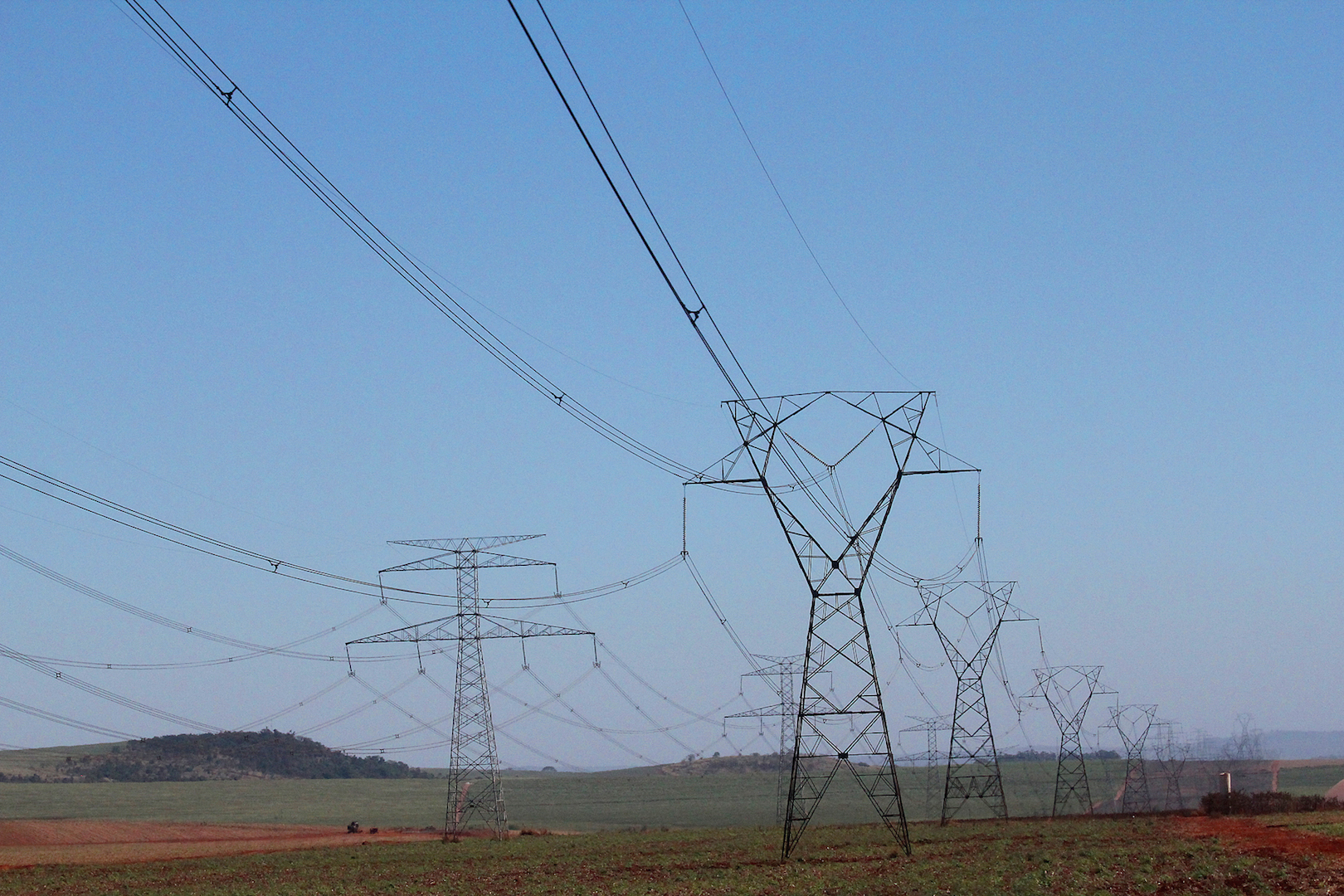RIO DE JANEIRO, BRAZIL – Brazilian consumers may have to pay the record figure of R$20.64 billion (US$5.16 billion) in energy bills in 2020 to pay for shares and subsidies granted by the government to the electricity sector, such as incentives for the use of wind and solar energy.

The figure was announced on Tuesday, October 29th, by the National Electric Energy Agency (ANEEL), during a vote that opened the public consultation of next year’s budget of the Energy Development Account (CDE), a fund where the resources to be spent on the actions and subsidies are deposited.
In all, the CDE’s budget for next year is $22.45 billion, an increase of 11 percent over the budget planned for this year. Considering only the amount to finance the subsidies, the increase is 27 percent, according to ANEEL’s general director, André Pepitone. “It is a significant increase,” he said. He stressed that 28 percent of subsidies are intended for the consumer of incentivized energy sources (wind and solar). In second place is the benefit to rural consumers, representing another quarter of the total.
This budget is not final, as the proposal will still go through a public consultation and then be analyzed by ANEEL’s board of directors. In addition, a decision of the Federal Court of Auditors (TCU) may reduce the amount charged to consumers in electricity bills, to finance these subsidies.
The public consultation, which will debate the CDE budget, starts this Wednesday, October 30th, and ends on November 29th.
The review of diesel oil prices used to generate energy for remote locations is one of the reasons behind the increase in the subsidy bill. Part of the cost related to the purchase of fuels for thermoelectric power plants then is divided among consumers, so that bills in these locations are not too expensive.
For 2020, the forecast is that this figure will be R$7.5 billion, an increase of approximately 20 percent in relation to the 2019 account of R$6.3 billion.
The impossibility of importing energy from Venezuela to supply the load of Roraima’s capital Boa Vista is another issue that also had a strong influence on this account. As a result, locations also began to need energy from oil-fired thermoelectric plants, which are more expensive.
A decision by the TCU has the potential to change the numbers in the proposal submitted on Tuesday, which could have an impact on the total CDE budget, possibly resulting in a reduction of R$4.4 billion, according to Pepitone.
Source: Estadão Conteúdo

